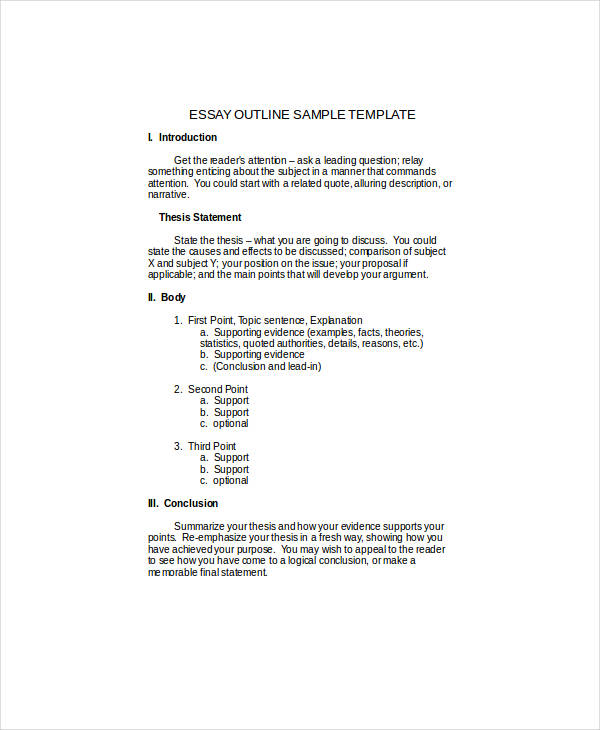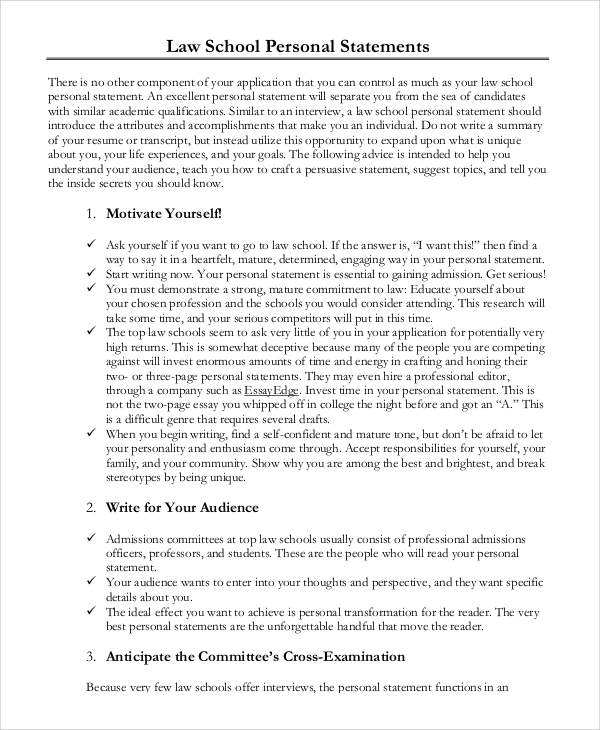7/30/ · A descriptive essay gives a vivid, detailed description of something—generally a place or object, but possibly something more abstract like an emotion. This type of essay, like the narrative essay, is more creative than most academic writing Descriptive Essays: to describe You may confuse yourself between narrative and descriptive essays; however, differentiating both is really easy. Rather than telling a story, a descriptive essay illustrates a specific topic such as a person, place, experience, emotion, event, etc. by means of words Here are some guidelines that you keep in mind while composing a thesis statement for a descriptive essay: Think about your topic Reflect on your topic and the object of explanation. Consider what you will focus on in your paper and what type of arguments do you have in support of the topic. Choose an interesting topic
Descriptive Thesis Writing Help, Outline, Format, Examples
A descriptive thesis examines a phenomena, group of people, idea or theory with a particular focus on facts and conditions of the subject. A descriptive thesis should be unbiased. Your goal is to collect factual evidence and information that give your reader a comprehensive perception of your subject.
Writing a descriptive thesis can be one of the most challenging types of thesis papers because of its reliance on unbiased perception. Descriptive thesis are commonly used in analyzing people, though they may be used in other sciences as well. The purpose of a descriptive thesis is to provide an accurate account of a subject at the time of your research. If your subject changes after your research, your thesis remains an image of your subject during the time of your observation, descriptive thesis.
Also, your goal is to provide evidence and observations that test your hypothesis. This may entail gathering enough evidence to support or deny your hypothesis statement, or providing evidence that answers multiple questions about the nature of your subject. Within your thesis, you will establish a test to determine how you can answer your hypothesis.
For instance, your test may require that you demonstrate a number of particular psychological symptoms descriptive thesis prove a test diagnosis. A descriptive descriptive thesis focuses on your use of senses. This includes describing the physical sensations you experience while observing your subject. Unlike other thesis types, you should avoid any early analysis descriptive thesis your sense information, descriptive thesis.
As an example, you should avoid suggesting that your subject is depressed, as this is a descriptive thesis. Instead, note that your subject is withdrawn, quiet, showing sad emotions or prone to emotional outbursts, descriptive thesis.
You can use the sense information for your diagnosis and analysis later in your research, or possibly arrive at a diagnosis that is entirely different than depression. A descriptive thesis thesis requires a declarative style, stating a series of facts and descriptions. Your reader should be able to read your thesis, examine your facts and devise her own diagnosis based on your observations, descriptive thesis, which may or may not coincide with your later analysis.
Your description should be clear enough for your reader to make her own assertions as she reads, descriptive thesis. Your reader should be able to question your later analysis, descriptive thesis, conclusions and the test you use to generate your conclusion, but you should present your facts and descriptions clearly enough that your reader cannot dispute them. Avoid any sense of bias in your descriptive thesis. You can observe and record sensory facts without providing any internal analysis about their meaning.
Emotional phrases, or words that relate your feelings about what you see, are irrelevant in a descriptive thesis. If you describe the scene as you see it, your reader should experience the same emotional feelings you witnessed in yourself. Kristyn Hammond has been teaching freshman college composition at the university level since She has experience teaching developmental writing, freshman composition, and freshman descriptive thesis and research.
Regardless of how old we are, we never stop learning. Classroom is the educational resource for people of all ages.
Based on the Word Net lexical database for the English Language, descriptive thesis. See disclaimer. Descriptive Method on a Thesis KRISTYN HAMMOND 25 JUN CLASS. Explore this article Purpose of a Descriptive Thesis Writing Technique Elements of a Thesis Things to Avoid. references 1 Prof Essays: Descriptive Thesis 2 Research Paper Star: Preparing a Descriptive Thesis 3 Thesis Works: Sample Descriptive Research Method. About the Author Kristyn Hammond has been teaching freshman college composition at the university level since Related Articles, descriptive thesis.
Classroom About Contact Feedback Legal Accessibility Terms of Use Privacy Policy Copyright Policy Manage Preferences.
What is DESCRIPTIVE RESEARCH? What does DESCRIPTIVE RESEARCH mean? DESCRIPTIVE RESEARCH meaning
, time: 2:19FREE 27+ Descriptive Essay Examples & Samples in PDF | DOC | Examples

7/30/ · A descriptive essay gives a vivid, detailed description of something—generally a place or object, but possibly something more abstract like an emotion. This type of essay, like the narrative essay, is more creative than most academic writing Some interesting topics for a descriptive thesis are the following: Cyber education or education through the internet is gaining in popularity over the standard mode of classroom learning. Violence in media produces violence in society. Physical illness is Descriptive Research: Definition Descriptive research is a research design that is used to investigate different phenomenon and situations. It always targets to answer questions like how the situation happen, when in terms of the time or date, where in terms of the place it

No comments:
Post a Comment